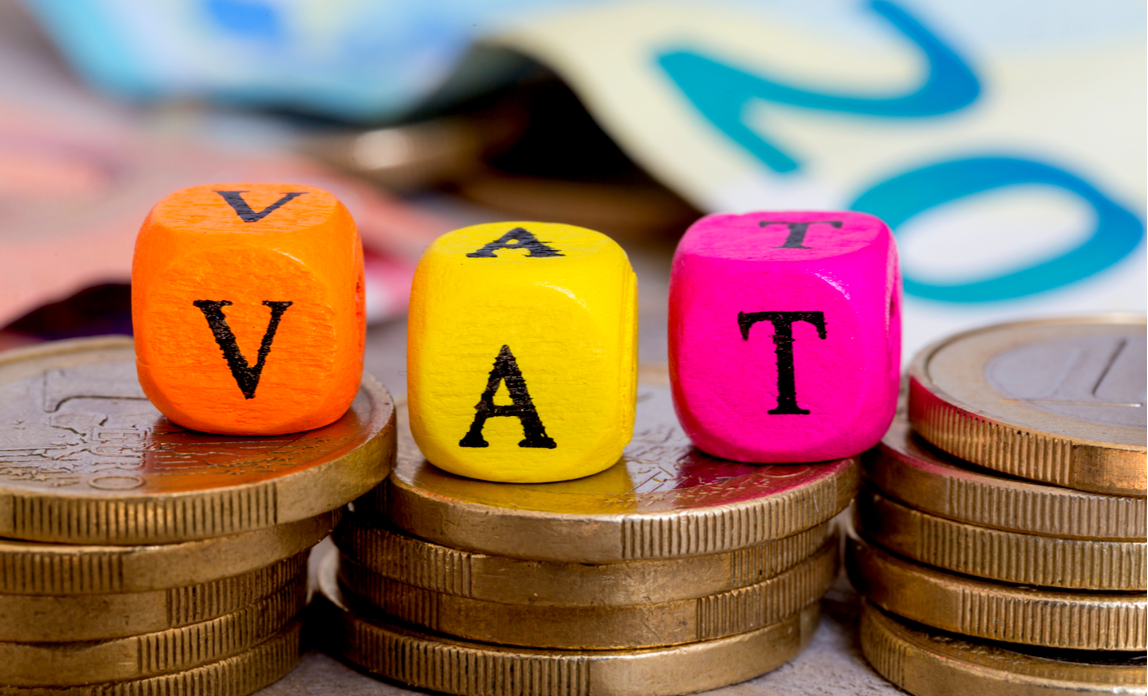What Nigeria’s Proposed VAT Threshold Means for Your Business

What Nigeria’s Proposed VAT Threshold Means for Your Business
During the presentation of the 2019 Budget to a joint session of the National Assembly on Tuesday, October 8, President Muhammadu Buhari announced the federal government’s plan to set a threshold for Value Added Tax (VAT) registration to N25 million in turnover per annum.
The decision, which followed the government’s proposed 50 percent hike in the VAT rate from the current 5 percent to 7.5 percent, was taken in such a way that the revenue authorities can focus their compliance efforts on larger businesses thereby bringing relief for our Micro, Small and Medium-sized businesses, according to Buhari.
To ensure this becomes a law, President Buhari presented the Financial Bill which proposes the VAT increase alongside the 2020 Appropriation Bill. “It is absolutely essential to intensify our revenue generation efforts,” Buhari said, noting that the additional revenues derived from the new VAT regime would be used to fund health, education and infrastructure programmes.
VAT is a consumption tax payable on goods and services purchased by individuals, government agencies and business organizations. The tax policy is one of the sources of generating revenue for the government and it is enshrined in the VAT ActCap VI, LFN 2004 (as amended).
According to Section 8 of the VAT Act, a taxable person, who could be an individual, body of individuals, companies among others, is required under the law to register for VAT with the Federal Inland Revenue Service(FIRS) upon commencement of the business and charge VAT at 5 percent on the supply of their goods or services to customers.
The section of the law further stipulates that the VAT charged by the taxable person must be paid to the FIRS alongside a VAT from duly filled and submitted monthly or get financial penalties for failure to comply.
How to gather information for proposed business
The latest revelation on the VAT threshold of N25 million in turnover per annum, which was confirmed by Ben Akabueze, Director-General of Nigeria’s federal budget office, means the planned 7.5 percent VAT rate will only apply to business with turnover revenue of N25 million and above.
In simple terms, if the Finance Bill becomes law, any business regarded as taxable person with an annual turnover of less than N25million is exempted from VAT registration and by implication does not have to charge VAT on its goods and services.
However, this does not mean that such small businesses will not pay BAT when they buy goods and services that are liable to BAT, according to Taiwo Oyedele, Head of Tax and Corporate Advisory Services at PwC Nigeria. “It only means they won’t have to charge VAT when they sell to their customers.”
Furthermore, the BAT threshold doesn’t imply customers who patronize the companies which with sales value below the threshold will not suffer any VAT indirectly. Oyedele explained that depending on the scenarios, they could suffer less, same, or even more hidden VAT should the proposed increase in VAT rate government comes to fruition.
An example of this is the business of a Nigerian called Makun who buys non-alcoholic wines from a company and sells to his customers. Makun buys a bottle of the wines for N1,000 and pays an additional N50 VAT rate on each bottle with the current VAT rate of 5 percent, this brings Makun’s total cost price on each bottle of wine to N1,050.
Makun proceeds to sell the wine for N1,500 each to his customers with and extra N75 VAT charge to make N500 profit on every bottle. As a result, the amount payable by consumers for each bottle of wine is N1,575 with VAT inclusive. The N25 differential by which the VAT Makun received exceeds the VAT he paid on each bottle is remitted to the FIRS.
However, with the introduction of the new threshold, duction of the new threshold, if Makun’s total revenue in a year is below N25million, then while his cost price increase to N1,075 provided the company records over N25million annual turnover, Makun will not charge VAT when he sells to his customer. But he would need to sell at N1,575 to maintain the same profit, meaning Makun’s customers will still pay the same amount as when a 5 percent VAT rate was charged.

0 Comments on “What Nigeria’s Proposed VAT Threshold Means for Your Business”